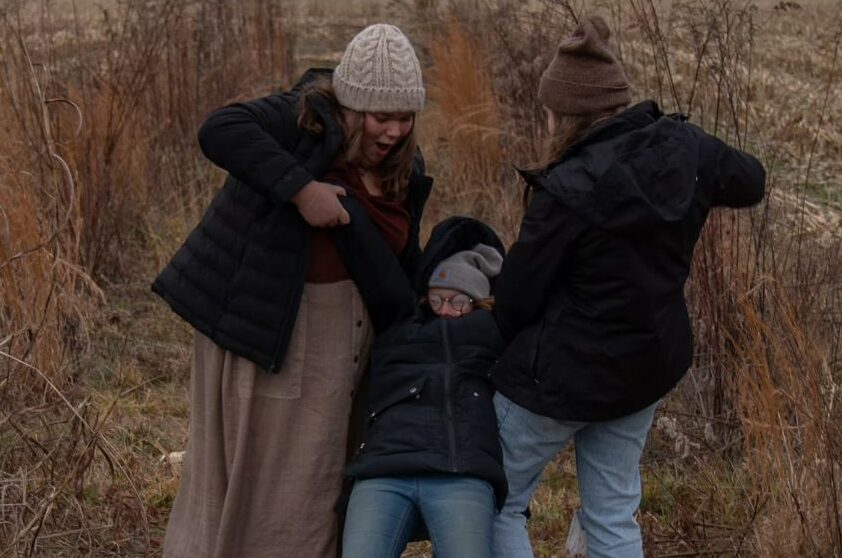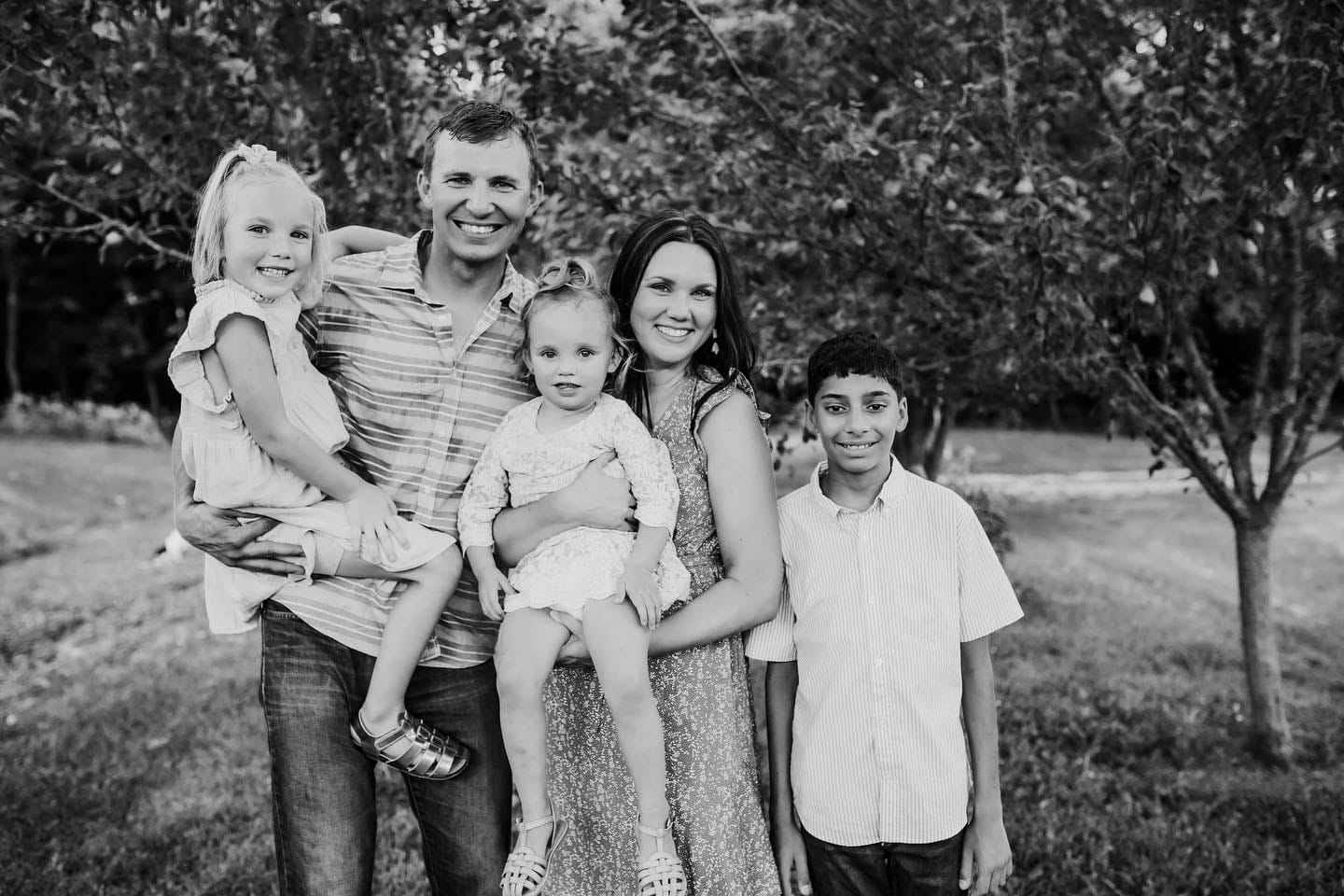
Written by: Wellon Bridgers U.S. Director for Mwana Villages
The more we learn about the orphan crisis, the more we learn about the interconnected issues which make this crisis so complex. The orphan crisis is (among other issues) about generational poverty, gender inequalities, unequal access to education, socioeconomic challenges, and most certainly healthcare.
Let’s paint a typical picture to give a bit more insight into the connection between healthcare and the orphan crisis.
Let’s call her Fleur, a 21 year old whose parents died before she was 10; she was raised by multiple extended family members, but experienced abuse and mistreatment. Since she did not attend much school and cannot get a steady job, she prostitutes herself as the only means she knows to provide. This has resulted in three pregnancies. The children four, two and one years old, remain at home overnight (without mosquito nets) in their shed of a home. Their day consists of entertaining themselves on their small piece of land. Because there is no infrastructure for garbage systems and the only clean water must come from bottled water or through filters (which Fleur cannot afford), the children play in trash heaps, worm- and maggot-infested dirt, and water riddled with bacteria.
Fleur cannot afford the expensive diapers or toilet paper, and so the entire family suffers from a vicious cycle of multiple gastrointestinal illnesses, malaria, typhoid fever and bronchitis. The only access to healthcare is through local clinics where nothing is free, and any consultation or prescription is far beyond her capability to pay. Helpless and desperate, she abandons one or more of her children outside of an orphanage where they may have a hope of survival.
The lack of adequate healthcare and access to quality healthcare exacerbates the cyclical nature of the orphan crisis. “Survival mode” countries have no insurance plans except for the most wealthy, and healthcare is only administered on an “as you pay” basis. Daily, patients die because a family member didn’t deliver payment quickly enough to meet the medical emergency. In traditional clinics in countries such as Congo, every item from gloves to medicines to IV fluid must be purchased by a family member willing (and wealthy enough) to run the various errands to purchase all that’s required before treatment is given. It’s a crippling system that robs families of the minuscule means they have.
Impacting the orphan crisis must be a comprehensive approach, and one that includes access to quality healthcare. Not only must we come alongside solutions for vulnerable populations to gain access to healthcare, like joining forces with organizations like MSF or Direct Relief for medical care; with Filter of Hope for clean water; or creative organizations like DriButts who focus on preventative healthcare with diapers to prevent the spread of fecal born diseases, but we also must train families on general hygiene, water and food safety.
So, as you can see from thousands of women like Fleur, the orphan crisis and lack of health care are 100 percent related. When we approach vulnerable children and families, we must address core issues such as health, or we will never truly reach the root issues thus never actually ending the cycle. The orphan crisis will only grow larger if we do not all use our gifts to address humanity’s cry for help. People matter.



